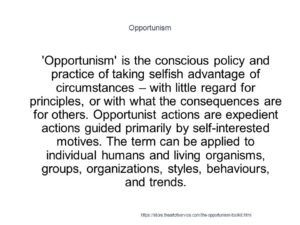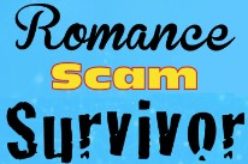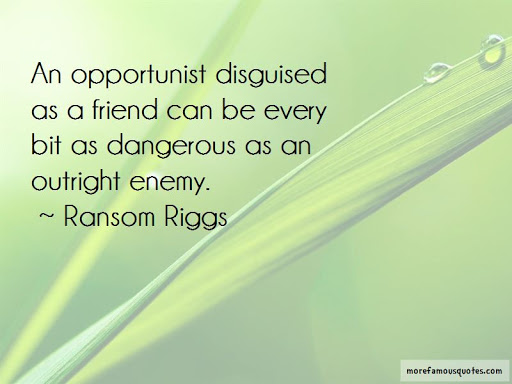Did you see the recent news from the ACCC that scammers are using games such as Words with Friends and Scrabble to make contact with their victims and develop relationships for romance scams? I did, and I’ve also had reports of scam contacts being made via Language Learning classes, and via LinkedIn. From my experience, in just about any organisation requiring membership, the member can be vulnerable to scammer contact. They set up a fake profile and/or membership and join in activities of that group, and make what seems to be a friently, if unsolicited contact asking to chat…

The Media Release identifies that romance scammers have moved beyond online dating sites to Facebook and Instagram and now include these popular game sites.
Scammers will still use their old contact mechanisms, but as prevention messages grow in volume, potential victims are more likely to be sceptical and avoid the common pitfalls when they are easily identifiable. Unfortunately, warnings are not yet covering the need to avoid unsolicited contacts on these gaming sites.
We are also being warned about scams targeting fears of the coronavirus and taking advantage of concern for those affected by the Australian bushfires. How opportunistic is that? For the bushfires scams operate via fake charities being set up to syphon money to scammers.
I know this topic is not necessarily about romance scams, but it is about how scammers make the most of opportunities presented to them.
According to the ACCC:
“These scammers will most often pretend to be associated with well-known charities, large businesses or government departments to make them look legitimate.
Scamwatch has seen many types of scams spring up in response to the bushfires, including:
- Calls and text messages impersonating businesses or government organisations seeking ‘donations’ that they will be sending on to well-known charities.
- Business email compromise scams where the scammer impersonates a high level employee in a business claiming the business will be making a donation to the bushfires to the scammer’s account.
- Individuals on social media and crowdfunding sites claiming to be fundraising where it is dubious that the money raised will actually be donated.
- Impersonation of real charities via calls, text, and even in person through door to door charity appeals.
- Individuals claiming to be relatives of those affected by the bushfires seeking donations.”
For Coronavirus, overseas organisations have issued the warnings, with this below being from the UK Financial Regulator:
“Watch out for scams related to coronavirus (COVID-19),” the FCA wrote. “These scams take many forms and could be about insurance policies, pensions transfers or high-return investment opportunities, including investments in cryptoassets.”
I’ve also seen warning about scams using the virus to undertake phishing of personal details, by sending emails with attachments purporting to be authoritative organisations such as the World Health Organization. According to an email from Norton, the internet security company,
“Cybercriminals send emails claiming to be from legitimate organizations with information about the coronavirus.
The email messages might ask you to open an attachment to see the latest statistics. If you click on the attachment or embedded link, you’re likely to download malicious software onto your device.
The malicious software — malware, for short — could allow cybercriminals to take control of your computer, log your keystrokes, or access your personal information and financial data, which could lead to identity theft.”
Checkout the link for examples of phishing emails, and for tips for how to protect yourself.
These new scams are indicting that scammers are unscrupulous! But we already know that. It is just scary when it is so close to home.
It surprised me when late last year the US Justice Department and related organisations announced a raid against organised crime undertaking business email compromise scams, or BECs. They arrested about 80 people in America and others around the world, totalling 281 arrests.
Why I am mentioning this, apart from the delight in hearing about scammers being arrested, is that while the arrests were focussed mainly on business related scams, (and police will target business frauds before they look at money lost to individual scam victims – sorry, my cynicism about police motivation is showing through), the US Justice Department notice acknowledges that :
“BEC scams are related to, and often conducted together with (my emphasis) other forms of fraud such as:
- “Romance scams,” where victims are lulled into believing they are in a legitimate relationship, and are tricked into sending or laundering money under the guise of assisting the paramour with an international business transaction, a U.S. visit, or some other cover story;
- “Employment opportunities scams,” where victims are convinced to provide their PII to apply for work-from-home jobs, and, once “hired” and “overpaid” by a bad check, to wire the overpayment to the “employer’s” bank before the check bounces;
- “Fraudulent online vehicle sales scams,” where victims are convinced they are purchasing a nonexistent vehicle and must pay for it by sending the codes of prepaid gift cards in the amount of the agreed upon sale price to the “seller;”
- “Rental scams,” where a scammer agrees to rent a property, sends a bad check in excess of the agreed upon deposit, and requests the overpayment be returned via wire before the check bounces; and
- “Lottery scams,” where victims are convinced they won an international lottery but must pay fees or taxes before receiving the payout.”
My point here is that whilst this site, and most of my writing, has focussed on romance scams, these types of scams are just one income stream in a portfolio business model used by organised crime that takes advantage of all opportunity to make money.
As victims, our scammer makes us feel special and loved as an individual. It is hard to realise that, as I have written in my book, what happens is not personal. We are one of thousands, if not millions that are targeted by those using this business of romance scams (and all other scams) to make money. Scammers focus on well-meaning people who long for connection with a potential life partner. It is human nature to want this connection, and we do nothing wrong when we respond to the lure of this from bad-meaning people, however we suffer the often dire consequences emotionally and financially.

It is even harder to fathom that this lure is just one of many equally bad initiatives that the individuals we have spent months talking to may have been undertaking.
They do this business with deliberation, and without compunction. They have an eye for the prime opportunity that new circumstances such as bushfires and the Coronavirus present. Scammers are both intelligent and inventive in taking advantage of any opportunity presented.
P.S. Australia was not mentioned as a country involved in the US investigations and arrests of 281 fraudsters. Where is our Australian impetus to do something with the many scams that are happening here, and engaging with international partners to bring these fraudsters to account. It is no longer palatable to say that we cannot impact the international jurisdictions. If America can deal with countries such as their “partners in Nigeria, Ghana, Turkey, France, Italy, Japan, Kenya, Malaysia, and the UK,” we should be able to, as well. It is time we held the fraudsters operating here to account so we can also send a message that “Anyone who engages in deceptive practices like this should know they will not go undetected and will be held accountable.” As the American have.


